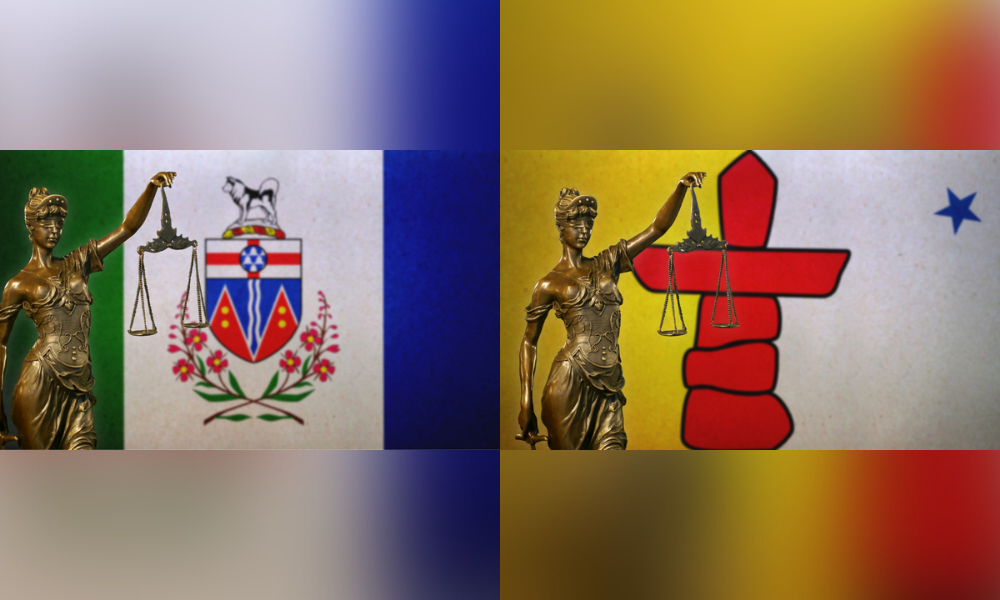
Most children and youth in care of Yukon's director of family and children's services are Indigenous

Yukon and its First Nations are collaborating on efforts to amend the Child and Family Services Act and improve outcomes for children, youth and families involved in the child welfare system, which is subject to an overrepresentation of Indigenous children.
“Yukon First Nations children continue to be over-represented in the child welfare system and systematically detached from their communities and families,” said Peter Johnston, grand chief of the Council of Yukon First Nations, in the news release.
As of May, 72 children and youth are in the care of the Yukon’s director of family and children’s services. While there has been an over 50-per-cent decrease in this number over the past four years, around 90 per cent of such children and youth are Indigenous.
The Child and Family Services Act Review Advisory Committee’s final report, “Embracing the Children of Yesterday, Today and Tomorrow,” which was tabled in Yukon’s Legislative Assembly in October 2019, offers advice on how the Child and Family Services Act Steering Committee, created in July 2020, can effectively tackle the 149 required actions.
The Steering Committee, co-chaired by the Council of Yukon First Nations, includes representatives from Kwanlin Dün First Nation; Carcross/Tagish First Nation; Little Salmon Carmacks First Nation; White River First Nation; First Nation of Na-Cho Nyäk Dun; Ross River Dena Council; Liard First Nation; Champagne and Aishihik First Nations; Vuntut Gwitchin First Nation Government; Ta’an Kwäch’än Council; Teslin Tlingit Council; and Tr’ondëk Hwëch’in.
“All children deserve to be physically and emotionally healthy, spiritually safe, and feel valued, loved, and respected in their culture,” said Tracy-Anne McPhee, Yukon’s health and social services minister.
In Nunavut, the justice department announced that it has been conducting community consultations on the Family Abuse Intervention Act and on the territory’s family laws, following the Legislative Assembly’s recent motion supporting the fight against violence.
The Family Abuse Intervention Act aims to help those requiring protection from actual or threatened family abuse, to encourage community ownership of problems and to provide the community with local resources to combat social issues. Nunavut’s family laws, on the other hand, seek to ensure the effective, efficient and culturally meaningful response to the needs of Nunavummiut families.
A public service announcement on Aug. 20 said that the community consultation sessions in Cambridge Bay and Gjoa Haven were postponed and would be rescheduled to a later date, which is yet to be decided. The sessions would proceed, however, in the communities of Pond Inlet on Aug. 31; Iqaluit on Sept. 9 and 10; Sanirajak on Sept. 14; and Igloolik on Sept. 15.
Nunavut urges those who cannot attend these sessions to share their insights or suggestions via emailing [email protected] regarding family violence or [email protected] regarding family law. They can also call 867-975-6170, for either topic.